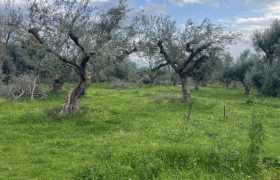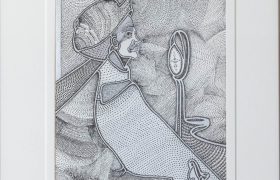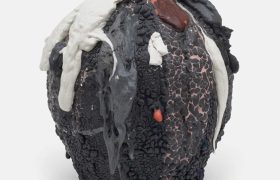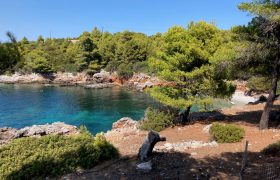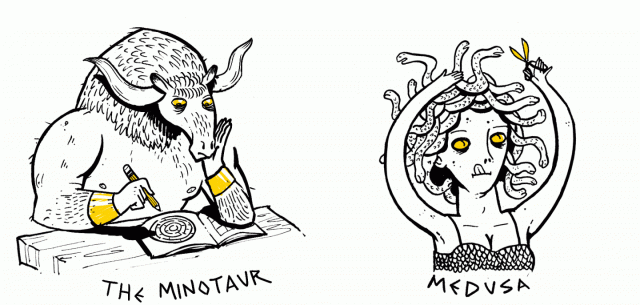From the cup to the lips: the Death of Socrates in 399 BC
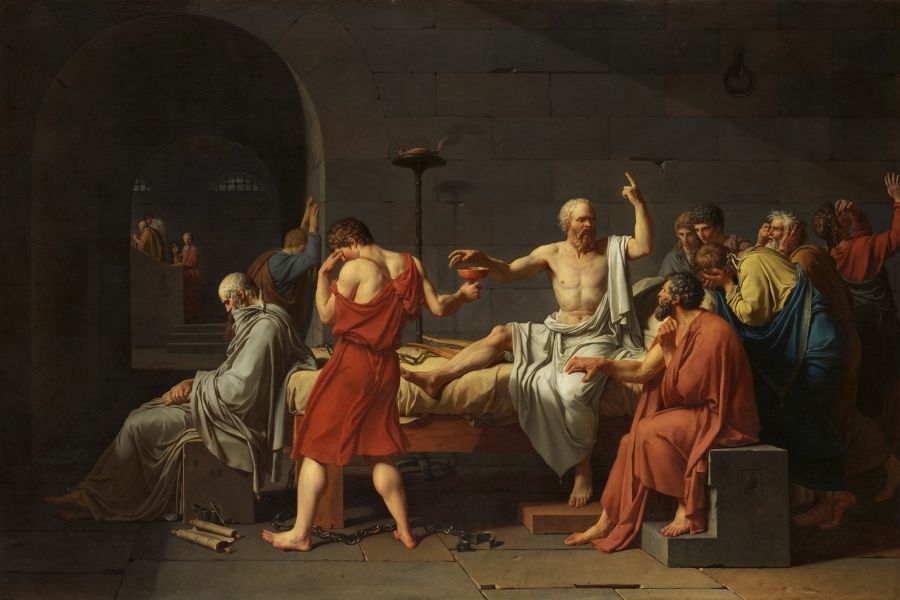
The Persians ravaged it before Pericles restored it to its splendour. Socrates walked through its alleys. Sylla restored the authority of Rome there by the sword. It was subjected to Ottoman rule, Venetian bombardments, and Nazi occupation. Athens, however, remains, despite its torments, the capital of an eternal Greece. In order to better understand the past of Athens, Athens Insider with Le Figaro Hors-Série offers you a series of 10 articles on the ten days that have marked this city. In this third part, Irina de Chikoff looks back on the death of Socrates.
Sentenced for impiety and the corruption of youth, Socrates spent a month in prison. The time had come to apply his sentence.
In the early hours of the morning, Socrates’ students and friends arrived in front of the prison near the Agora. They protested to the guard to let them in. The day before, the ship that left for the traditional pilgrimage to Delos had returned. Throughout its journey, Athens must remain pure. No one sentenced to death can be executed. Today, Socrates will drink the cup of hemlock.
Accused of corrupting the youth and not sacrificing to the deities of the city, the philosopher refused to deliver a plea that could have convinced his judges to release him. Instead, he delighted in telling his life story to the five hundred and one citizens of Heliaia. Moreover, when asked what punishment he deserved, Socrates demanded a meal in the Prytaneum – a supreme honour reserved for heroes or winners of the Olympics. Then, he proposed a possible fine. Exasperated, the judges sentenced him to death.
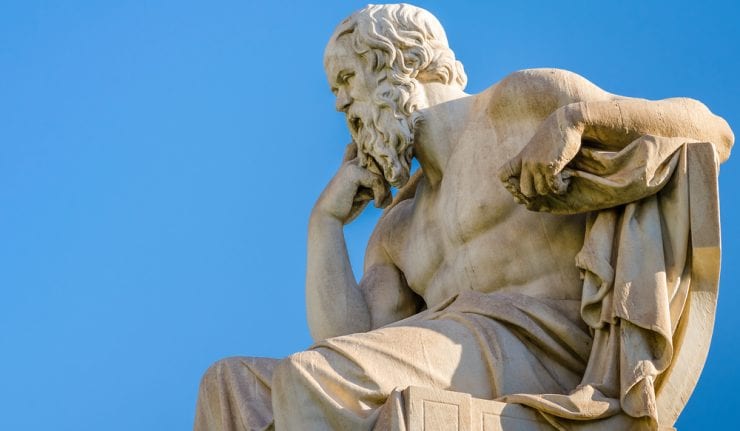
Thirty years of a cruel war against Sparta had just ended for Athens in 404 BC in total defeat. Athens has lived through troubled years. She had lost her empire, her allies. The Long Walls of Themistocles, which ensured its invulnerability, have been razed. For a time, democracy itself was overthrown with the support of the Spartans by oligarchs, some of whom claimed to be Socrates. The regime had since been restored. However, the citizens, wounded in their pride, could no longer bear to have their institutions questioned. They clung to their laws, their customs, their democracy – of whatever remained of their past greatness. Doubt, this leprosy, gnawed at them. It is intolerable to them that Socrates and the young aristocrats around him are doubtful about the founding traditions of the city. They needed a scapegoat. They found it.
Every day, Socrates received his disciples in his remand centre. Every day, he continued to teach them, to lead them to discover for themselves the path of truth.
Coming to philosophy quite late, Socrates did not write a treatise. He wandered the streets of Athens and called out to his countrymen, questioning them so insistently that he was nicknamed the “gadfly”. He didn’t take offence.
His chains were taken off, and he was sent home to his wife, Xanthippe, who exasperated him with mourning. Sitting on a bed, he rubbed his sore leg as his friends enter the room. They are crestfallen. However, Socrates hardly gives them time to express their dismay. He immediately invites them to a discussion about the immortality of the soul and the nature of the body, that burden. He shares his conviction with them. Death is only a passage. Better: a release. For in death, the soul escapes the flesh which requires so much tedious care. The body encumbers, hinders. He is misleading. And heavy. So heavy.
Is it for a philosopher to take fleeting pleasures seriously? The drinks? The food? Eros? To buy sandals, a toga. To perfume? The duty of a philosopher, he says, is to care about the soul.
He speaks, questions, trains his disciples to recognize themselves that death is deliverance. It alone will allow access to Truth. Goodness. Beauty. All men have a hunch or a memory of these concepts. However, only death can achieve this by joining the good gods.
Slowly, the sun sets over Athens. Socrates goes into an adjacent room to take a bath. When he returns, he calls for the hemlock and calmly questions the servant on how to proceed. Socrates thanks him for his explanation, asks again if a libation to a deity is allowed, takes the cup, and empties it. Then he comes and goes in the room as advised by the guard.
His friends, his disciples, who have so far managed to hold back their tears, burst into tears. Their courage shattered. Socrates admonishes them. He fires the women “to avoid such false notes; because [he has] always heard that one should die with auspicious words”. Socrates begins to walk again. Suddenly, feeling that his legs were growing heavy, he reaches his bed and lays down on his back. The man who had brought him the poison leans over him and feels his arms, his legs. Then he squeezes one foot tightly and questions Socrates, who replies that he doesn’t feel a thing. Only a cold rise to his heart. Suddenly, removing the veil that hid his face, Socrates says, “We owe Asclepius a rooster. Pay this debt; don’t be negligent. Then he closed his eyes and walked over to the other side of the shore, to the other side of life.
A series of 10 articles written by Irina de Chikoff for Le Figaro Hors Série on Athens. Read more: boutique.lefigaro.fr


